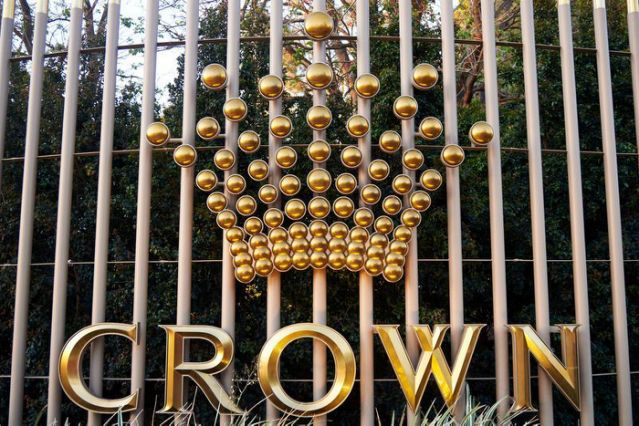
SYDNEY (Reuters) – Australian casino giant Crown Resorts Ltd CWN.AX was unsuitable to hold a casino licence in the country’s biggest state, and the influence of its major shareholder James Packer led to a mass arrest of staff in China, an inquiry heard on Wednesday.
The assertions came in the closing statement from the lawyer running an inquiry into whether Crown should be allowed to operate a 75-floor casino tower on the Sydney waterfront that it has spent A$2.2 billion ($1.6 billion) building and plans to open next month.
Though the remarks do not amount to formal recommendations, they raise the prospect that the inquiry will not go in Crown’s favour. The retired judge overseeing it must present a final report with recommendations by February, and may strip the company of its casino licence or impose tough conditions on it.
The inquiry was called by the casino regulator of New South Wales state after 2019 media reports accused Crown of dealing with gambling tour – or “junket” – operators with links to organised crime to bring Chinese high rollers to its current flagship asset in Melbourne.
Over months of hearings, the inquiry has heard allegations that Crown encouraged staff to remain working in China, where gambling is illegal, despite warnings from Beijing that it was cracking down on foreign casino agents. In 2016, 16 Crown staff were jailed in China for breaching anti-gambling laws.
“The evidence … demonstrates that the licensee is not a suitable person to continue to give effect to the licence,” the lawyer running the hearings, Adam Bell, told the inquiry.
Crown’s governance was negatively affected by the dominance Packer’s private investment vehicle had over the company, which contributed to the China arrests and was “ultimately harmful to the public interest”, Bell said.
As the inquiry has progressed, Crown has said it is taking steps to improve corporate governance like ending an information-sharing agreement with Packer and suspending relationships with junket operators.
Packer, who owns 36% of the company, previously told the inquiry he expected to be told to sell down his stake, and agreed its corporate governance was “dysfunctional”.
The inquiry has heard Packer received frequent trading updates from Crown executives, unbeknownst to other shareholders and despite holding no formal role at the company, while attempting to orchestrate several takeovers which never eventuated.






